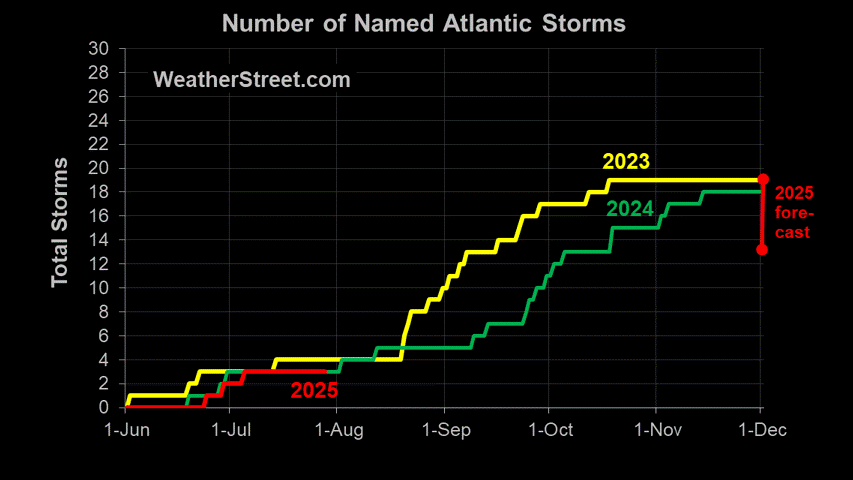Maybe the Polar Bears will make us feel sad
 Hat tip Drudge Report. And if we feel sad then we might start to think that we are guilty. After all, that is all that is necessary. If the AGW alarmists can convince the public that poor, innocent Polar Bears are suffering then maybe they can get people to recognize the need for sacrifice.
Hat tip Drudge Report. And if we feel sad then we might start to think that we are guilty. After all, that is all that is necessary. If the AGW alarmists can convince the public that poor, innocent Polar Bears are suffering then maybe they can get people to recognize the need for sacrifice.If you tell someone a lie long enough, they start to believe it. The picture here is a classic marketing ploy. Early in the article we learn that:
"Swimming 100 miles is not a big deal for a polar bear, especially a fat one," said Dr Ian Stirling of the Canadian Wildlife Service.
The Bush administration even agreed to consider listing Polar Bears as endangered species because their habitat is supposedly threatened. This would be reasonable if the population of Polar Bears was actually decreasing, but as I understand it, the Polar Bear population is actually increasing. The IUCN (International Union for Conservation of Nature) Red List of Threatened Species lists the following taxonomy for Polar Bears:
1965-"Less rare but believed to be threatened-requires watching" as Thalarctos maritimus (Scott 1965)
1982-Vulnerable (Thornback and Jenkins 1982)
1986-Vulnerable (IUCN Conservation Monitoring Centre 1986)
1988-Vulnerable (IUCN Conservation Monitoring Centre 1988)
1990-Vulnerable (IUCN 1990)
1994-Vulnerable (Groombridge 1994)
1996-Lower Risk/conservation dependent (Baillie and Groombridge 1996)
Showing a listing of threatened in 1965, vulnerable from 1982 - 1994 and a lower risk/conservation dependent in 1996 indicated to me that the Polar Bear population is increasing and that the species is in less danger now then it was in the 1960's.
By using heart-rending pictures and imagining possible scenarios that might happen can be used to justify the desired outcome of getting westerners to pay extra fees and taxes and give up the conveniences of a prosperous lifestyle to fight a natural phenomenon that we cannot even influence significantly let alone control.










<< Home